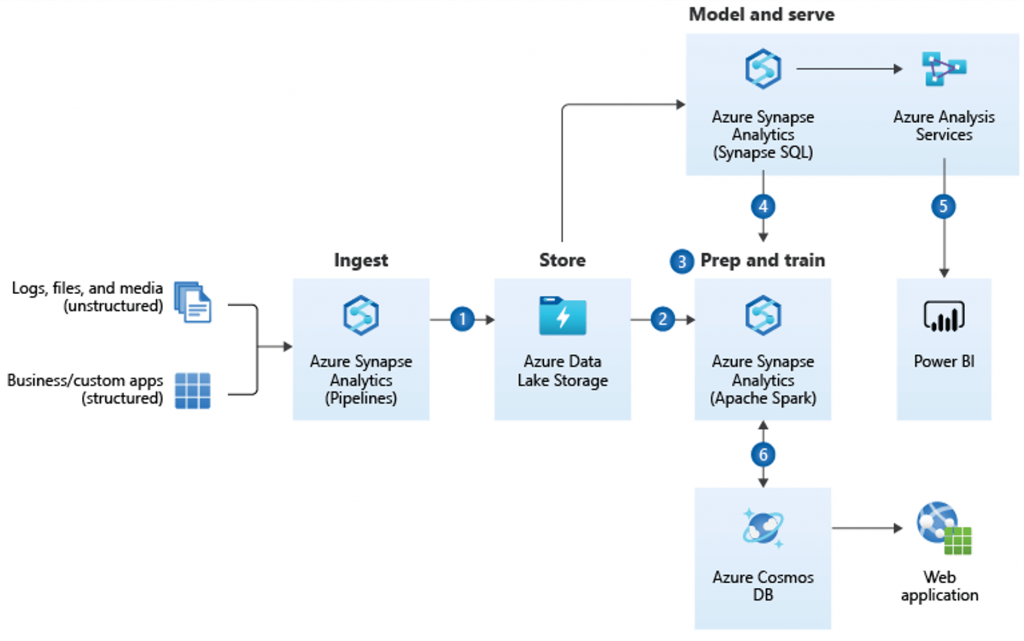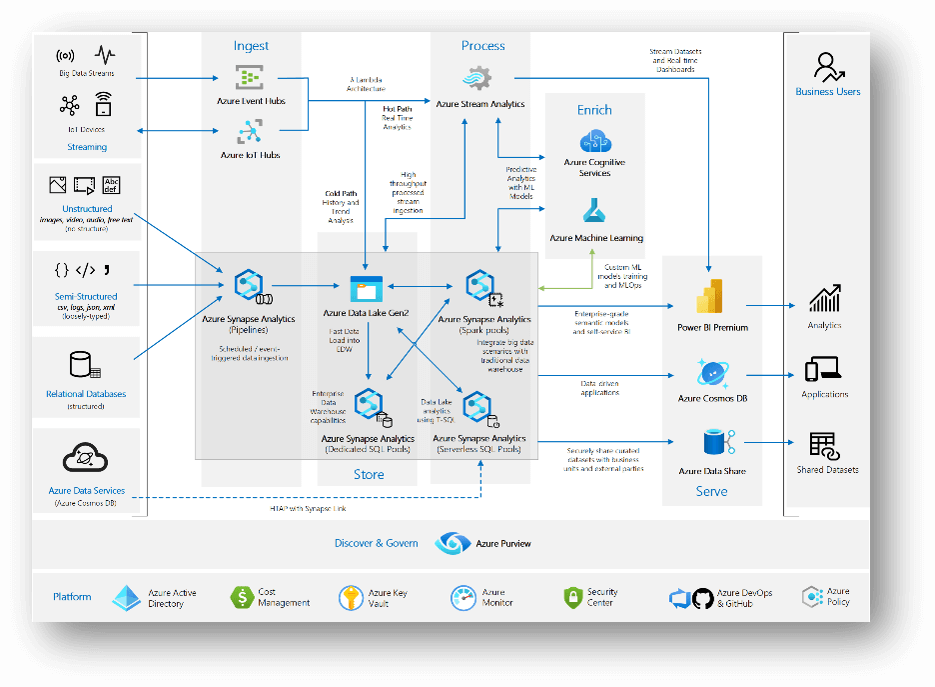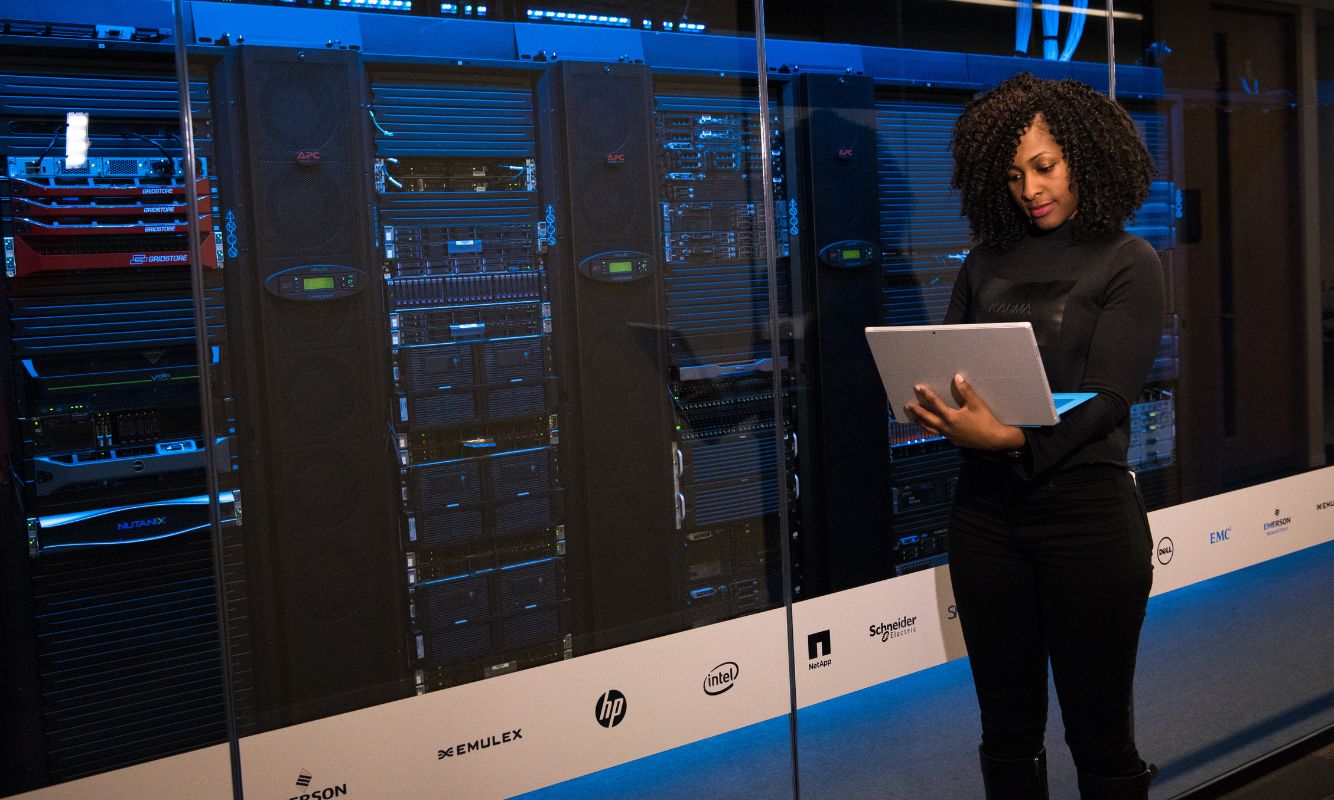When organizations think of transforming into a data-driven culture, a common misconception is to think of data transformation as just impacting ETL. But true transformation changes the way your organization uses data in its day-to-day business. It’s about making a fundamental shift towards becoming a data-driven culture.
What does it mean to have a data-driven culture? It means being set up to make decisions on data rather than based off of gut feel or intuition. It’s more than installing tools and building Power BI reports, it’s about making data and analytics a fundamental part of your business strategy, organizational culture, processes, and decision-making. It’s also about ensuring that your people have the tools and data they need to make in-the-moment decisions based on data.
Data Modernization
Modernization refers to a change in the technology or the tools used to address the shortcomings of some older tools. There are many excellent tools that enable new functionality and features so you can take advantage of your data. Modernization focuses on changing the tools you’re using whereas transformation focuses on changing how you think about and use those tools and technology.
It’s important to understand that it’s possible to do one without the other: you can transform the way you use data within your organization without modernizing. We’ve seen data-driven organizations who are using older legacy tools. It’s also possible to modernize your tools and technology without transforming the way your organization thinks about using that data. Ideally, you should do both.
Untapped Potential
If you want to transform to be data-driven, you should modernize because that will benefit you the most. But where do organizations currently stand? As you can see by the numbers below, if you’re still early in your data journey, you’re not alone. Many companies aren’t taking full advantage of the data available to them.

Rather than being discouraged by these statistics, see this as a sign that there is significant untapped potential to grow your business by embracing a data-driven culture.
Why Should You Care About Transforming into a Data-Driven Organization?
Studies done by Forrester show that data driven organizations are 162% more likely to significantly surpass the revenue goals than their non-data-driven competitors. That’s a significant competitive advantage if you can take advantage of your existing data.
A sophisticated data strategy is no longer just the realm of tech behemoths like Uber and Netflix. It can (and should) be embraced by all organizations. By leveraging the cloud and cloud services, you can take advantage of the scalability and flexibility of cloud-native applications that allow for a much more reasonable point of entry to all organizations. There are different levels of sophistication that you can embrace, and its structure will be unique for each organization.
One key thing to remember is that no two transformation journeys are the same. Each organization has their own organizational needs, strategies, and current realities to consider while designing their strategy. Therefore, when you’re designing your transformation and modernization strategy, remember that it’s not a cookie-cutter approach.
It’s a Journey; Not a Destination
There are many different ways to transform, and your journey will depend on your needs. The diagram below is a typical implementation of an on-prem data warehousing implementation. This might be what your current reality looks like right now.

But when you modernize your data approach, your implementation could look like this…

Or this…

Or it could look like this…

The key takeaway is that there’s no one perfect way to design your approach. Its structure entirely depends on your needs and where you want to want to be in the future. Just remember to be flexible because it’s going to evolve as you go.
What Being Data-Driven Is Not
We find that many organizations think they’re data-driven and have a data-driven culture because they have hundreds or even thousands of reports. But a data-driven culture is not defined by having a lot of data and / or reports. Instead, a true data-driven culture is able to make decisions effectively and efficiently because data is available, accurate, and understandable.
7 Signs You’re Ready to Transform and Modernize
Over many years of helping organizations transform and modernize, we have identified seven sure signs that an organization is ready to transform into a modernized, data-driven culture:
- I have no idea where to find data, reports, etc.
- I need another report – kind of like the last one…
- Why do I have to pull reports from multiple systems?
- How can I make sense of all this text-heavy data?
- I know your report says X, but trust my intuition on this…
- Why can’t our on-premises warehouse access our cloud-based CRM?
- Our server is idle all day but can’t keep up overnight!
If you or anyone else at your organization have said one of more of these, then modernizing and transforming into a data-driven culture will be very beneficial.
To learn more about how Core can help you modernize and transform, contact us today.







Share on